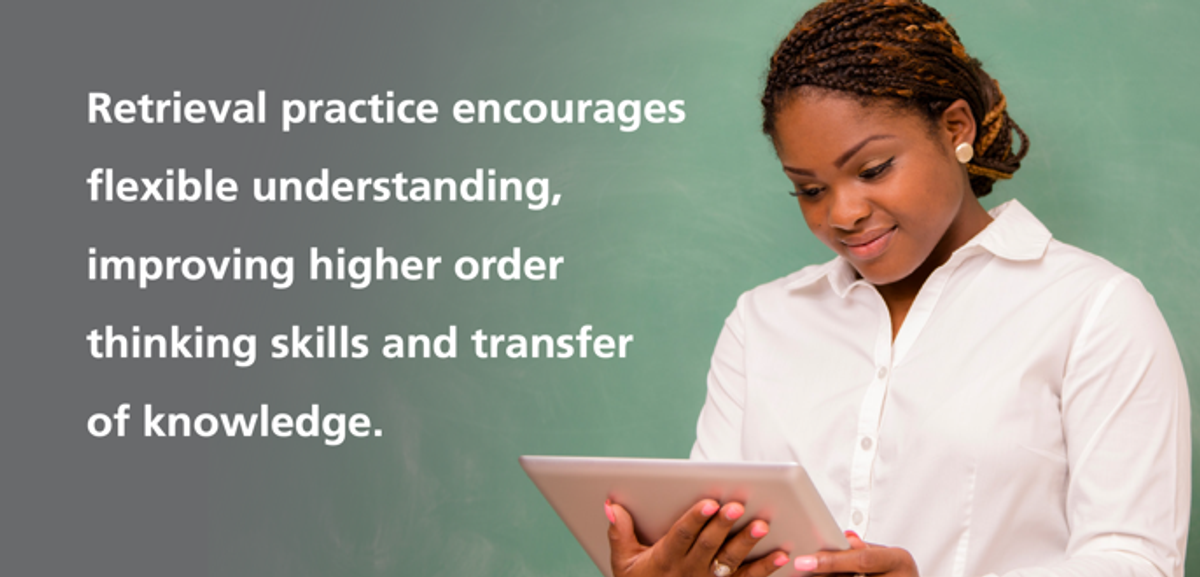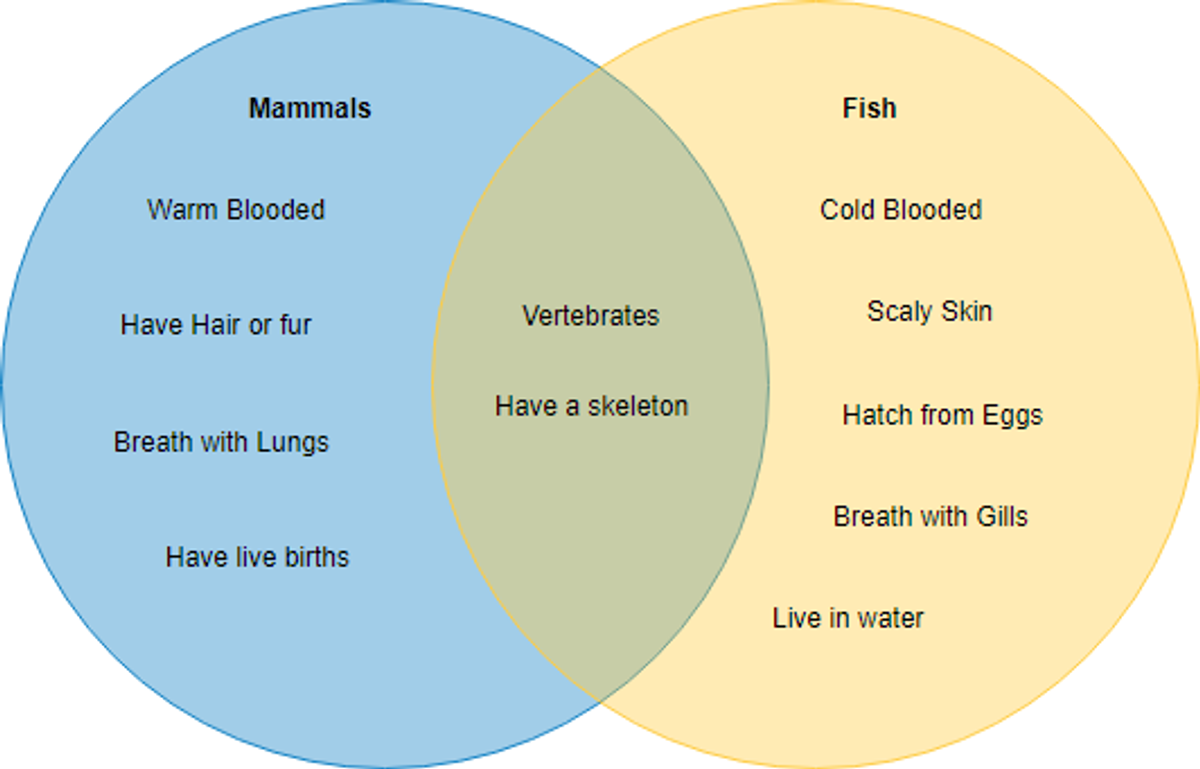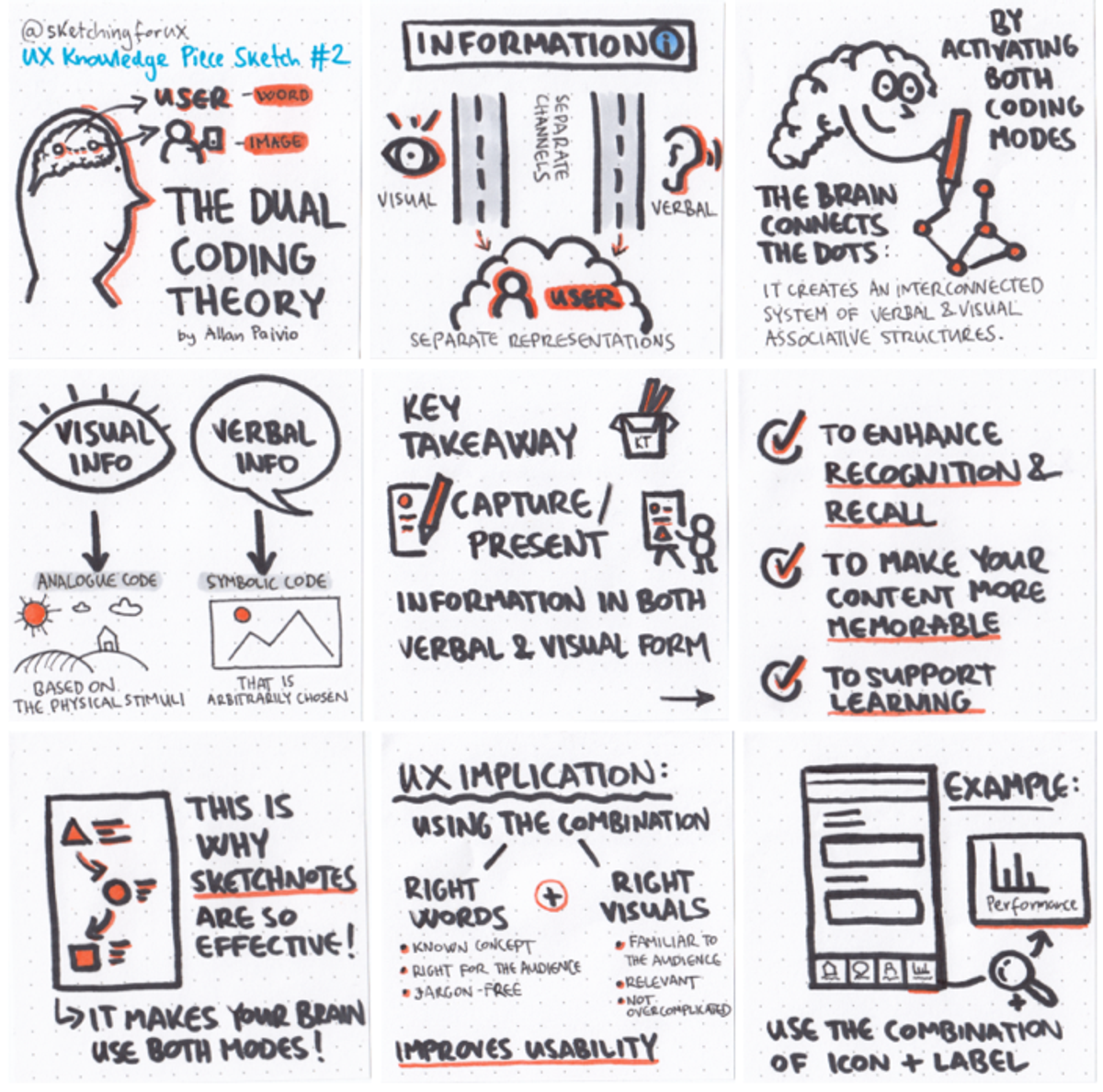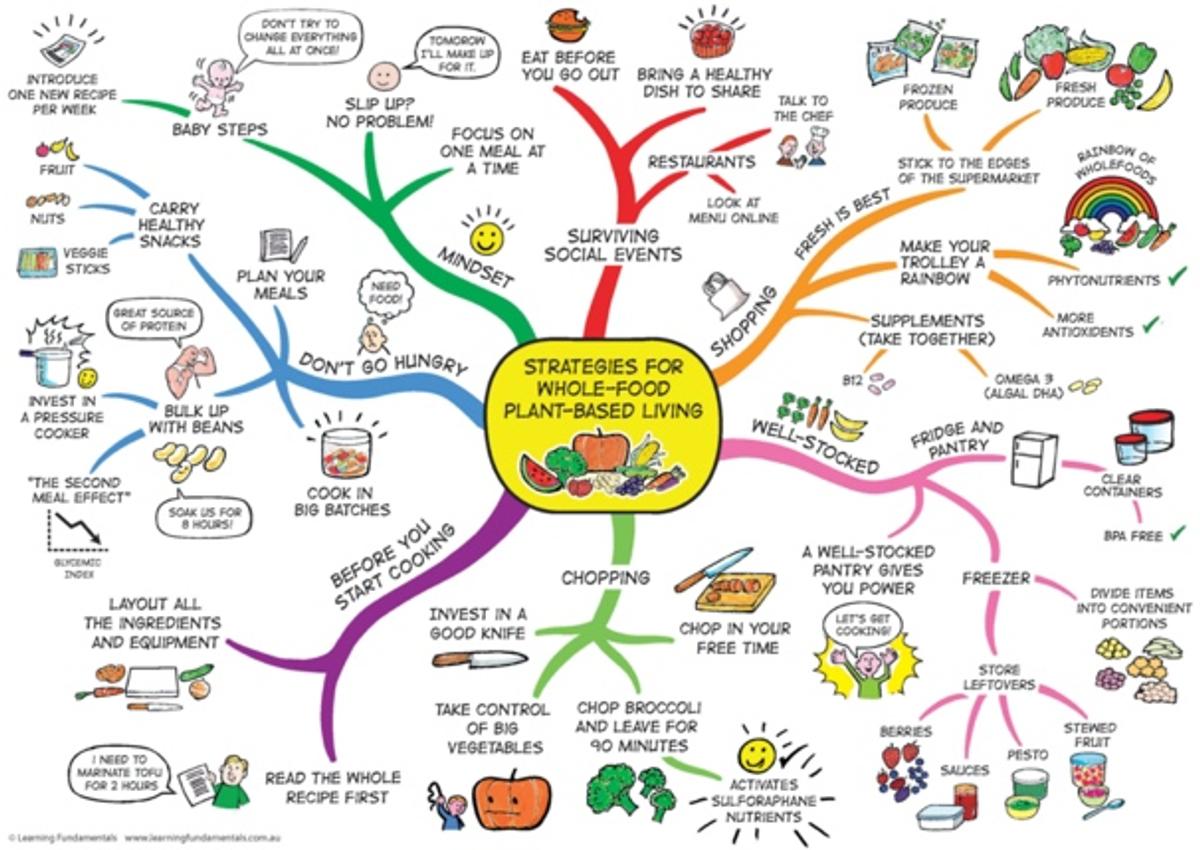From the Director of Studies
Mr Riccardo Bombardiere

From the Director of Studies
Mr Riccardo Bombardiere
PREPARING FOR ASSESSMENTS AND EXAMINATIONS
As Year 7 – 10 students begin preparing for their examinations and Year 11 students prepare for their first round of HSC assessments, it is important to consider what study is and how to prepare efficiently for examinations and assessment tasks.
During Academic Care sessions, students have been learning more about retrieval practice. While it is important to focus on making notes, retrieval practice involves deliberately recalling information. It is only when we attempt to recall information or use it in a different context that we find out whether we actually know the material or not.
Moreover, the process of bringing information to mind is one of the most important factors in enhancing or boosting our learning. It is actually the struggle or challenge we feel when trying to exercise our memory that improves our learning.




Some tools that help with retrieval practice:
There are also lots of mind mapping apps that might work for you (Bubble.us, Free mind).
If you would like more information, go to www.retrievalpractice.org








HOMEWORK HELP CLUB
Homework Help Club will switch to study mode in the next few weeks.


While our Senior students are always more than welcome to spend Monday afternoons studying, we will also focus on assisting our Stage 4 and Stage 5 students studying for their exams.
Teachers will be present to assist students preparing for their exams and our Academic Care Coordinators will be on hand to help students knock out a study plan or develop specific study skills. Wednesday Mathematics afternoons will also continue during the time.
As always, we would encourage students to come and study in the Library Monday – Wednesday and Friday.
STUDY SKILLS TIPS – FROM PRUE PSALTER
ELES QUICK TIP - TIME TO REFLECT
With the end of term fast approaching take the time these holidays to reflect on what is ahead in the last term.


Riccardo Bombardiere
Director of Studies